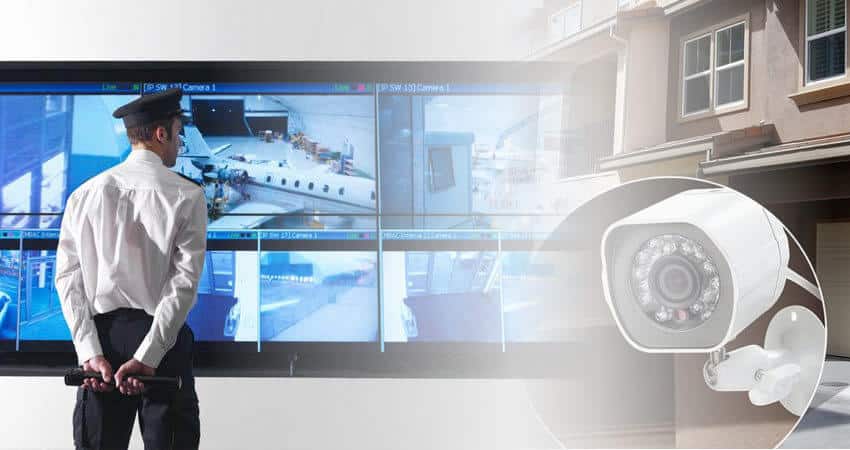How CCTV Footage and Electronic Evidence Are Used in UAE Criminal Cases
In today’s digital world, electronic evidence — including CCTV footage, digital communications, and online records — plays a crucial role in criminal investigations across the UAE. The country’s legal system has adapted rapidly to technological advancements, ensuring that digital and electronic evidence is admissible in court under strict guidelines to maintain fairness and authenticity.

The Role of CCTV and Digital Evidence in UAE Criminal Law
CCTV surveillance has become a common feature in public spaces, residential areas, and business establishments across the UAE. The footage recorded through these systems often serves as vital evidence in criminal cases such as theft, assault, fraud, and traffic violations.
Similarly, electronic data such as emails, voice notes, text messages, GPS logs, and social media activity can also be presented as supporting evidence. These materials help law enforcement and prosecutors establish timelines, identify suspects, or corroborate witness statements.
Under Federal Decree-Law No. 34 of 2021 on Combatting Rumors and Cybercrimes, the UAE courts accept digital evidence provided it is obtained lawfully and maintains its integrity — meaning it hasn’t been tampered with, altered, or manipulated.
People can also read: Understanding Your Rights During Police Investigation in the UAE
Conditions for Admissibility of Electronic Evidence
For CCTV or digital records to be accepted by the court, several conditions must be met:
- Proper Authentication: The source of the footage or data must be verifiable.
- Chain of Custody: The evidence must be collected and preserved through authorized procedures to ensure its integrity.
- Relevance: The evidence must be directly linked to the alleged crime.
- Compliance with Privacy Laws: Footage obtained from private property without consent may not be admissible unless authorized by the competent authorities.
Courts often rely on expert reports from forensic departments to verify the authenticity of electronic materials, ensuring that justice is based on accurate and reliable information.
How TLG: The Legal Group Helps in Criminal Cases Involving Electronic Evidence
Under the leadership of Saif Al Shamsi, TLG: The Legal Group has developed deep expertise in handling criminal cases involving electronic and digital evidence. The firm’s legal professionals assist clients by:
- Reviewing the admissibility and credibility of digital materials presented by the prosecution.
- Ensuring that evidence against clients has been lawfully obtained and properly handled.
- Collaborating with digital forensic experts to analyze and interpret complex data.
- Presenting or challenging CCTV and electronic records effectively in court to strengthen the client’s defense.
Their experience across criminal and cybercrime cases ensures that every piece of digital evidence is evaluated within the strict parameters of UAE law — helping clients protect their rights throughout the investigation and trial stages.
Conclusion
As technology continues to shape modern justice, the use of CCTV footage and electronic evidence has become indispensable in UAE criminal proceedings. However, understanding how to lawfully collect, preserve, and present such evidence is vital to ensuring a fair outcome. With skilled legal support, individuals can navigate these complexities confidently and secure justice through precision, expertise, and the power of lawful digital proof.
